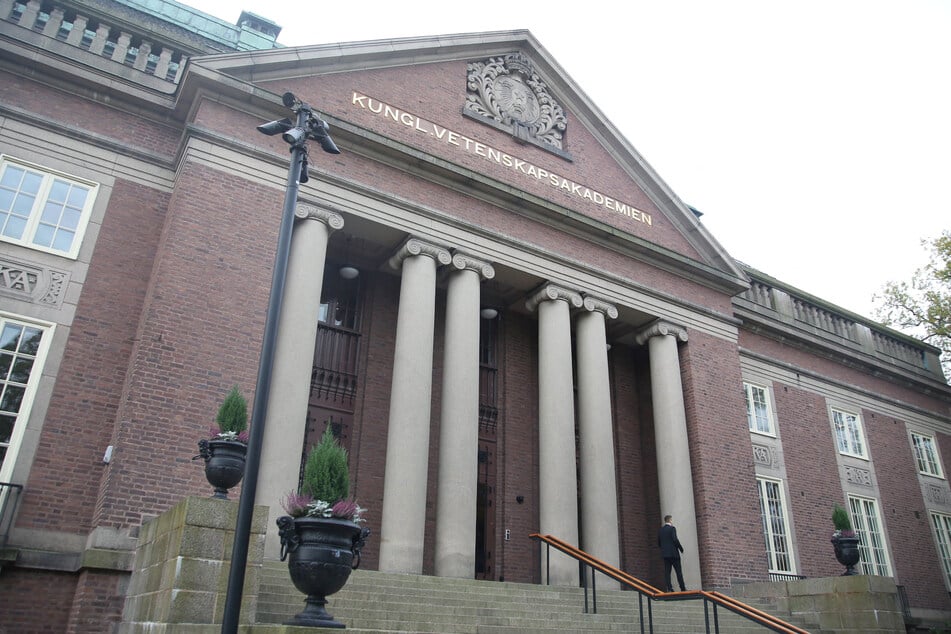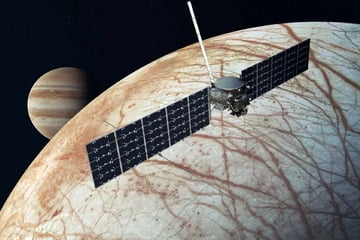Nobel Prize in Economics awarded to trio of researchers for work on wealth inequality
Stockholm, Sweden - The Nobel Prize in Economics was awarded on Monday to Turkish-American Daron Acemoglu and British-Americans Simon Johnson and James Robinson for research into wealth inequality between nations.

By examining the various political and economic systems introduced by European colonizers, the three have been able to demonstrate a relationship between institutions and prosperity, the jury said.
"Reducing the vast differences in income between countries is one of our time's greatest challenges," Jakob Svensson, chair of the Committee for the Prize in Economic Sciences, said in a statement.
"The laureates have demonstrated the importance of societal institutions for achieving this," Svensson added.
Acemoglu (57) is a professor at the Massachusetts Institute of Technology (MIT), as is Johnson (61). Robinson (64) is a professor at the University of Chicago.
The jury highlighted the laureates' work illuminating how societal institutions play a role in explaining why some countries prosper, while others do not.
"I am delighted. It's just a real shock and amazing news," Acemoglu told a reporters via telephone as the award was announced in Stockholm.
Nobel season wraps up

The economics prize is the only Nobel not among the original five created in the will of Swedish scientist Alfred Nobel, who died in 1896.
It was instead created through a donation from the Swedish central bank in 1968, leading detractors to dub it "a false Nobel."
However, like for the other Nobel science prizes, the Royal Swedish Academy of Sciences decides the winner and follows the same selection process.
The economics prize wraps up this year's Nobel season, which honored achievements in artificial intelligence for the physics and chemistry prizes, while the Peace Prize went to Japanese group Nihon Hidankyo, committed to fighting nuclear weapons.
South Korea's Han Kan won the literature prize – the only woman laureate so far this year – while the medicine prize lauded discoveries in understanding gene regulation.
The Nobel Prizes consist of a diploma, a gold medal, and a $1-million-dollar sum. They will be presented at ceremonies in Stockholm and Oslo on December 10, the anniversary of the 1896 death of scientist and prize creator Alfred Nobel.
Cover photo: REUTERS

